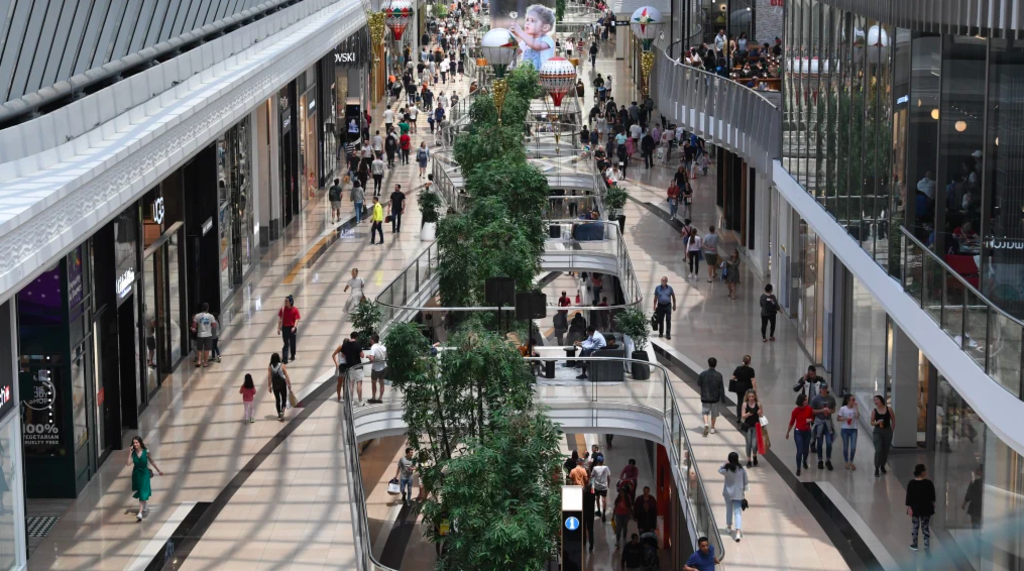
Retail rents tipped to fall 20 per cent as virus takes its toll
Major retail landlords are facing rental declines of up to 20 per cent once the malls re-open and business is back in full swing.
The prediction is made as the landlords have agreed to talk to tenants about a raft of different rent relief packages.
Grant McCasker, UBS real estate analyst said, for Vicinity Centres, which owns Chatswood Chase in Sydney and co-owns Chadstone mall in Melbourne, his “base case” factors in 63 per cent of tenants’ “rental roll” receiving rental abatements of 50 per cent for the June 2020 and September 2020 quarters, which is about a 30 per cent reduction in quarterly revenue.
He has assessed a similar decline in rents for Scentre, which owns and manages the Westfield malls across Australia and New Zealand.
“A wide range of outcomes is possible: the end result will reflect the level of partnering Vicinity determines appropriate to preserve long-term value and income,” Mr McCasker said.
“Longer term we see rents being rebased 2 per cent lower, which should allow for growth to re-emerge with occupancy costs reducing to low teens. We have removed lost income from a major redevelopment, which has been deferred, offsetting a portion of these downgrades.”
Landlords have indicated they will partner with tenants in order to “share the pain”, and this is reflected in the withdrawal of funds from operations (FFO) and distribution guidance by most of the real estate investment trusts.
Mr McCasker has lowered Vicinity’s by 11 per cent in 2020 and up to 20 per cent in 2021 financial years, reflecting short-term rental abatements and lowered FFO by 12-15 per cent from 2022 onwards.
“In this time of extreme uncertainty we expect Vicinity to enter a period of capital preservation of a lower distribution pe security pay-out ratio, to ensure balance sheet flexibility,” he said.
On Wednesday Scentre obtained additional unsecured bank facilities that increase its available liquidity to $3.1 billion.
Darren Leung, a real estate analyst at Macquarie Equities said the extra liquidity is positive in isolation as it resolves one of the issues associated with its balance sheet.
“Conditions in malls remain challenging with underlying tenant covenants under question. A key risk remains Australia closing shopping centres and other public venues more broadly,” Mr Leung said.
Get a weekly roundup of the latest news from Commercial Real Estate, delivered straight to your inbox!







